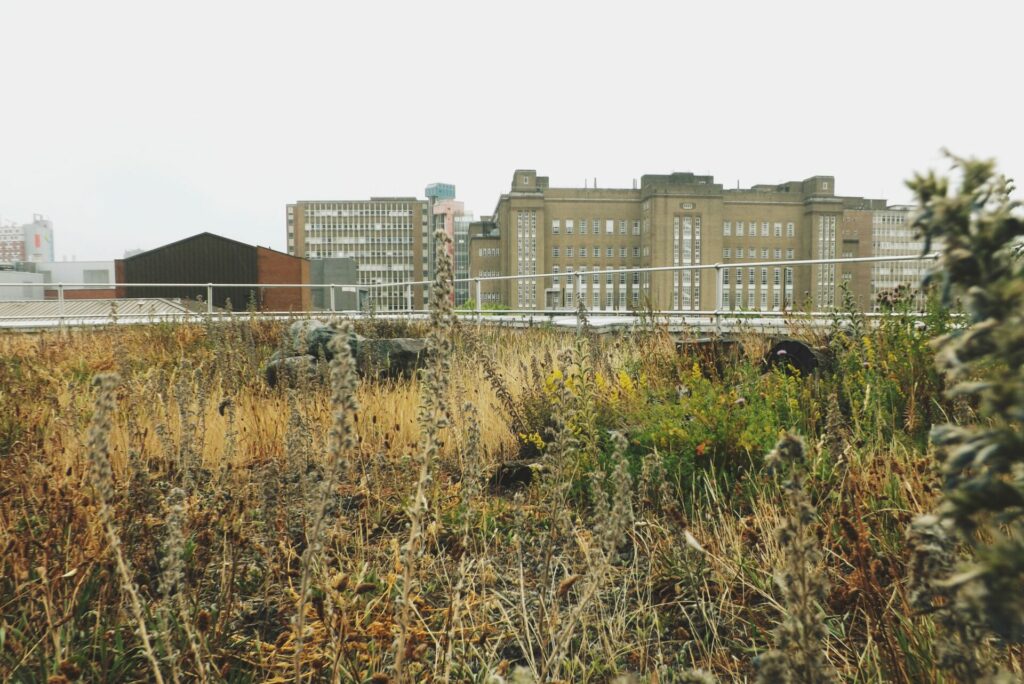Many people have been racking their brains on how to best put a halt to the increasing biodiversity loss that is harming the earth's fabric. As a result, climate association Bond Beter Leefmilieu has given the Flemish outlet VRT five ways in which citizens can help lessen the harmful impact on biodiversity.
While governments and experts strive to find a global approach to the problem of declining biodiversity on earth, there are small, everyday things we can do ourselves to help. Here are five surprising tips from experts.
1. Switch off the (Christmas) lights outside faster
It is cozy, strolling between the Christmas lights on cold winter evenings. For insects, this is less convenient. You’ve probably already seen how attractive a warm lamp is for whole swarms of insects. "You get a kind of floating dessert for insectivores," Heleen De Smet, policy officer for food and agriculture at Bond Beter Leefmilieu, told VRT.
However, it is more complex than that. "Light confuses the navigation system of insects, causing them to lose their way," explains De Smet. "And illuminated plants are less attractive to nocturnal pollinators. As a result, you have less pollination at night and the pollinators have to make up for the damage during the day, so to speak." But the type and strength of the light also play a role: the brighter the light, the more reflection there is. "Because of the reflection of the light, insects sometimes think that asphalt is water, and they lay their eggs there."
So you can already opt for less bright light, and turn off outdoor lighting when you do not need it. "When you go to sleep you can turn it off, or you can just work with a motion sensor or timer, so that it only burns when you need it," suggests De Smet. Those who are devoted to their Christmas lamps or other mood lights can opt for closed shades with a clear light beam. The light is less ‘scattered’ and therefore disturbs the insects less. Choosing a warm light colour (without much "blue light" from the light spectrum) is also useful.
2. Choose tap water
Bottled water is best avoided, according to Koen Stuyck, a spokesperson for WWF-Belgium, because the empty plastic bottles in many countries largely end up in the environment. Microplastics are also released during the production process and even when unscrewing a cap. These micro-plastics end up in the environment and can never be broken down by nature. In the meantime, they can even be found in animals and humans.
If you really need bottled water, the glass bottles are already a better alternative, but they also have to be rinsed during the production process. “Tap water is up to 120 times cheaper than bottled water," Stuyck told VRT.
3. Do not treat your animal’s fur with toxic products
Some anti-flea agents contain toxic substances. "For example, Imidacloprid is an insecticide that is prohibited in Europe, but is still available in Belgium when you want to defrost your dog or cat,” explains De Smet.
“The effects of this are proven devastating for insects, but also for biodiversity in the water and this stuff is definitely in our watercourses in very small quantities, but if a dog then jumps into the water or it rains, it ends up in the environment. So, if it can be done with another product, so much the better!"
4. Leave your car at home
You often read this tip when it comes to CO2 emissions, but did you know that the car also has a direct impact on biodiversity? Partly for this simple reason: "Many more animals are being knocked over than you think," says De Smet. "According to an estimate by Natuurpunt from 2019, approximately five million animals die each year due to collisions."
"In addition, about five to ten percent of our petrol consists of biofuel. One third of the imported raw materials for biofuel come from countries where the cultivation of these crops is linked to deforestation and biodiversity loss," says De Smet.
And finally, the tires of your car also release microplastics due to wear and tear when driving.
5. Buy sustainable flowers and beauty products
Maybe you like to give a beautiful bouquet as a gift to your host during the holidays. Unfortunately, there are sometimes remnants of pesticides attached to that beautiful gift. An alternative is to look for an ecological alternative or simply bring another gift.
Even if you give a perfume as a gift or you like to wear it yourself, you can have an impact with the choice you make. Many beauty products such as shampoos, scrubs, and make-up contain microplastics that flow straight into the water, or other components that are harmful to the environment. "So it's better to choose natural, microplastic-free alternatives," says Stuyck.

